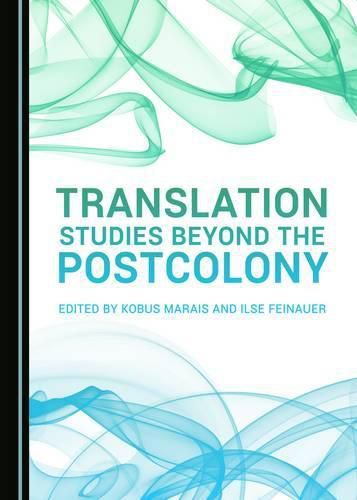Readings Newsletter
Become a Readings Member to make your shopping experience even easier.
Sign in or sign up for free!
You’re not far away from qualifying for FREE standard shipping within Australia
You’ve qualified for FREE standard shipping within Australia
The cart is loading…






This edited volume explores the role of (postcolonial) translation studies in addressing issues of the postcolony. It investigates the retention of the notion of postcolonial translation studies and whether one could reconsider or adapt the assumptions and methodologies of postcolonial translation studies to a new understanding of the postcolony to question the impact of postcolonial translation studies in Africa to address pertinent issues. The book also places the postcolony in historical perspective, and takes a critical look at the failures of postcolonial approaches to translation studies.The book brings together 12 chapters, which are divided into three sections: namely, Africa, the Global South, and the Global North. As such, the volume is able to consider the postcolony (and even conceptualisations beyond the postcolony) in a variety of settings worldwide.
$9.00 standard shipping within Australia
FREE standard shipping within Australia for orders over $100.00
Express & International shipping calculated at checkout
This edited volume explores the role of (postcolonial) translation studies in addressing issues of the postcolony. It investigates the retention of the notion of postcolonial translation studies and whether one could reconsider or adapt the assumptions and methodologies of postcolonial translation studies to a new understanding of the postcolony to question the impact of postcolonial translation studies in Africa to address pertinent issues. The book also places the postcolony in historical perspective, and takes a critical look at the failures of postcolonial approaches to translation studies.The book brings together 12 chapters, which are divided into three sections: namely, Africa, the Global South, and the Global North. As such, the volume is able to consider the postcolony (and even conceptualisations beyond the postcolony) in a variety of settings worldwide.